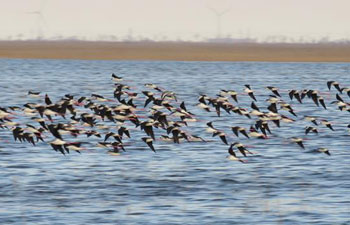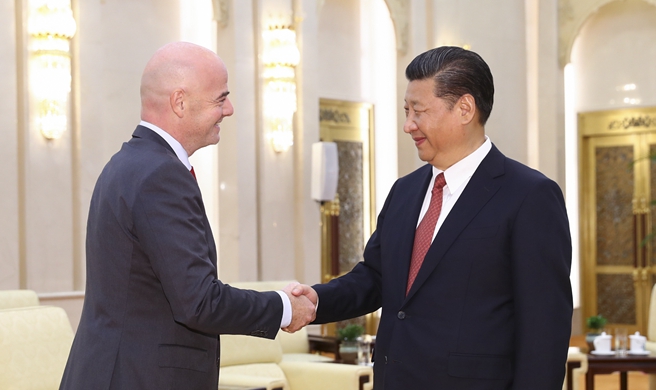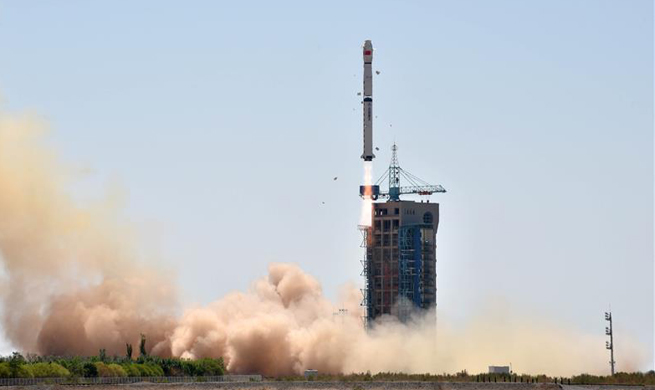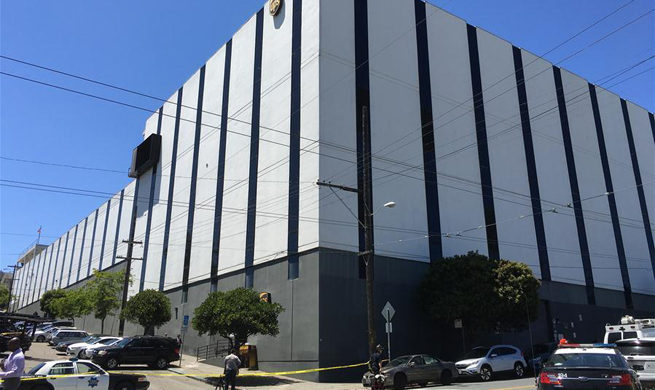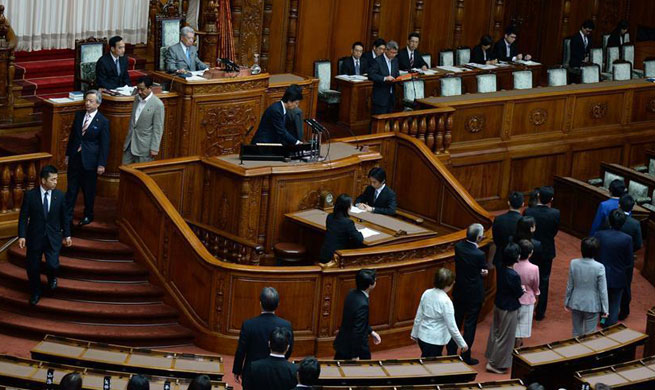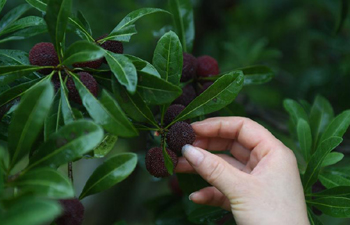ARUSHA, Tanzania, June 15 (Xinhua) -- Tanzania on Thursday announced measures to address counterfeit seeds, which has been blamed for poor harvest and reduced income of farmers.
Charles Tizeba, Tanzania's Minister for Agriculture, Food, Livestock, and Fisheries, unveiled the measures when meeting seed and agrochemicals producers in the country's northern safari capital of Arusha.
Tizeba attributed the poor harvest registered in the recent past to substandard seeds produced by seed producers in the East African nation.
The minister expressed concerns over the move by unscrupulous people who are 'fabricating' regular maize to make them look like industrially processed improved maize seeds.
"This has been dumping small-scale farmers into paying good money for seed that just won't make difference at the end of the farming season," the minister said, adding that the evident post-harvest losses were a result of poor quality seeds that flooded the market.
"Our farmers can not enjoy bumper harvest if the situation continues like this," he said.
The minister also revealed that the government will continue to engage agrochemical producers from the private sector with a view to boosting the prospects of producing the seeds locally.
"To address such challenges we will have to work closely work with the private sector ... we aim at discouraging importation of seeds," Tizeba said.
The urge of promoting local production of the seeds comes when most farmers in the country appeal for the government to subsidize prices of local seeds to lower their prices.
Bob Shuma, Executive Director of Tanzania Seed Trade Association (TASTA), admitted that the challenges facing seed industry had direct effects on agricultural productivity.
He singled out the challenges facing the seed sector as inadequate knowledge on intellectual property rights; low participation of local and foreign bodies in seed production and breeding; and limited involvement of the private sector in the multiplication of breeders and foundation seed in order to enable a more ample supply of improved seeds.




